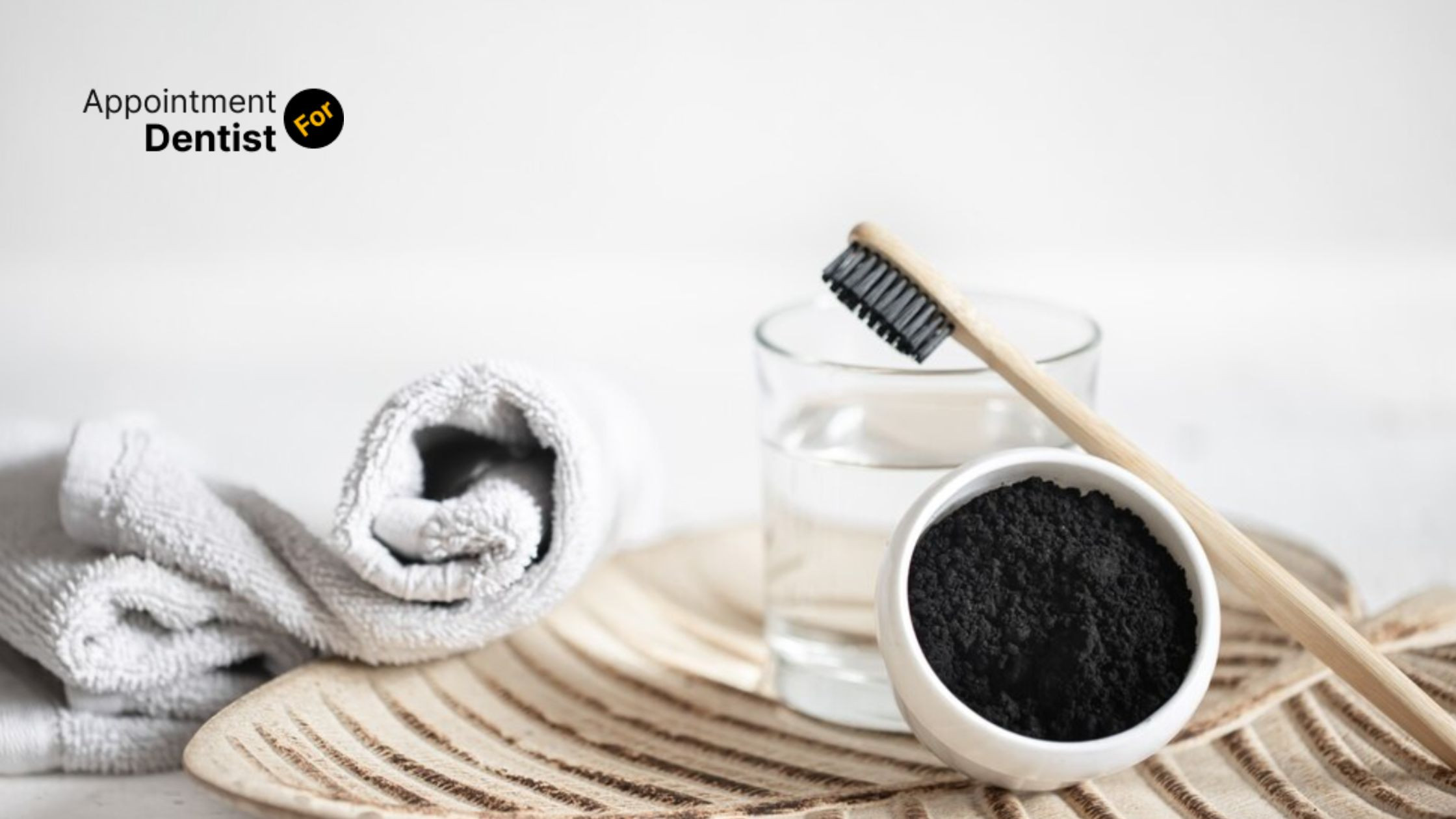The Pros and Cons of Charcoal Toothpaste
Posted on June 27, 2024 by Admin

A Comprehensive Guide
Charcoal toothpaste has become increasingly popular in recent years, touted for its natural whitening properties and potential benefits for oral hygiene. However, like any oral care product, it comes with both advantages and drawbacks. In this article, we'll delve into the pros and cons of charcoal toothpaste to help you make an informed decision about whether it's right for your dental care routine.
Pros of Charcoal Toothpaste:
Natural Whitening:
Charcoal toothpaste is celebrated for its ability to whiten teeth. The key ingredient, activated charcoal, is known for its absorbent properties. It binds to substances like stains and plaque on the tooth's surface, helping to remove them and thereby contributing to a brighter smile over time.
Fresh Breath:
Many charcoal toothpastes include natural mint or other flavors that leave a refreshing sensation in the mouth after brushing. This can help combat bad breath and leave your mouth feeling clean.
Potential Antibacterial Properties:
Research suggests that charcoal may have antibacterial qualities. This could mean that charcoal toothpaste has the potential to reduce bacteria in the mouth, promoting better oral hygiene and potentially reducing the risk of gum disease.
Must Read : 5 Benefits of Regular Dental Check-Ups
Gentle Abrasive Action:
Charcoal is mildly abrasive, which can help in removing surface stains without being overly harsh on the enamel, as some traditional whitening toothpastes might be. This makes it a gentler option for those looking to whiten their teeth without compromising enamel health.
Appeal to Natural Product Enthusiasts:
For consumers who prefer natural products, charcoal toothpaste offers an alternative to chemical-laden oral care products. It often boasts a shorter list of ingredients, which can be appealing to those with sensitivity to certain chemicals.
Stain Removal from Coffee and Wine:
Charcoal toothpaste is particularly effective at removing stains caused by coffee, tea, wine, and other dark-colored beverages. Its absorbent properties help lift these stains from the enamel, leading to visibly whiter teeth.
Innovative Formulations:
Manufacturers continually innovate with charcoal toothpaste formulations, incorporating additional beneficial ingredients like coconut oil for its antibacterial properties or baking soda for its mild abrasiveness.
Cons of Charcoal Toothpaste:
Abrasive Nature:
One of the primary concerns about charcoal toothpaste is its abrasive quality. While mild abrasiveness can aid in stain removal, excessive or aggressive brushing with charcoal toothpaste can potentially wear down the enamel over time. This may lead to increased tooth sensitivity and susceptibility to cavities.
Lack of Fluoride:
Regular use of fluoride-free toothpaste may increase the risk of cavities if not supplemented with other fluoride sources like mouthwash or professional fluoride treatments.
Limited Scientific Evidence:
Despite its popularity, there is a lack of comprehensive scientific evidence supporting the long-term benefits and safety of charcoal toothpaste. More research is needed to fully understand its effectiveness and potential risks, especially regarding enamel erosion and overall oral health impacts.
Messy Application:
Charcoal toothpaste is typically black or dark gray in color, which can be messy to use. It may stain clothing, sinks, and even toothbrush bristles if not used carefully and rinsed thoroughly after brushing.
Not Suitable for Everyone:
Individuals with sensitive teeth or gums may find charcoal toothpaste too abrasive and irritating. It's essential to consult with a dentist before using charcoal toothpaste regularly, especially if you have existing dental issues or concerns.
Potential for Gum Irritation:
Some users report mild gum irritation or discomfort when using charcoal toothpaste, especially if they have sensitive gums or brush too vigorously.
Must Read : Signs You Need to See a Dentist Immediately
Cost Considerations:
Charcoal toothpaste can be more expensive than traditional toothpaste brands. This may be a deterrent for those on a budget or looking for cost-effective oral care options
Faqs
-
1. Does charcoal toothpaste actually whiten teeth?
Yes, charcoal toothpaste can help whiten teeth by removing surface stains through its mild abrasiveness and absorbent properties.
-
2. Is charcoal toothpaste safe for daily use?
It's generally recommended to use charcoal toothpaste 2-3 times a week to avoid potential enamel wear from its abrasive nature.
-
3. Does charcoal toothpaste contain fluoride?
Most charcoal toothpastes do not contain fluoride, so it's important to consider supplemental fluoride sources for cavity protection.
-
4. Can charcoal toothpaste help with bad breath?
Yes, many charcoal toothpastes include mint or other freshening agents that can contribute to improved breath after brushing.
-
5. Does charcoal toothpaste have any side effects?
Possible side effects may include increased tooth sensitivity and potential enamel erosion with frequent or excessive use.
-
6. Can charcoal toothpaste replace my regular toothpaste?
It's recommended to use charcoal toothpaste alongside a regular fluoride toothpaste to ensure comprehensive dental care.
-
7. Is charcoal toothpaste suitable for sensitive teeth?
Individuals with sensitive teeth or gums should approach charcoal toothpaste cautiously due to its abrasive nature, which may exacerbate sensitivity.
Recent Post
- The Importance of Oral Health Education for Children
- How to Choose the Right Orthodontic Treatment for Adults
- The Link Between Oral Health and Stroke Risk
- How to Address and Prevent Gum Recession
- Innovations in Dental Anesthesia: Pain-Free Procedures
- The Role of Saliva in Oral Health: Functions and Disorders
- Exploring Holistic Dentistry: What You Need to Know
- How Oral Health Affects Your Immune System
- The Benefits of Using Dental Probiotics
- Oral Health and Pregnancy: Myths and Facts